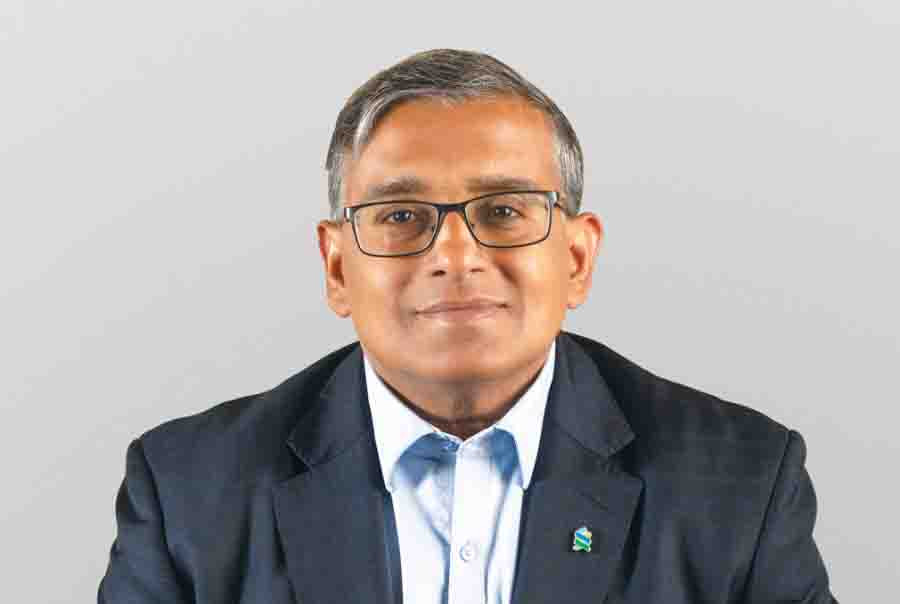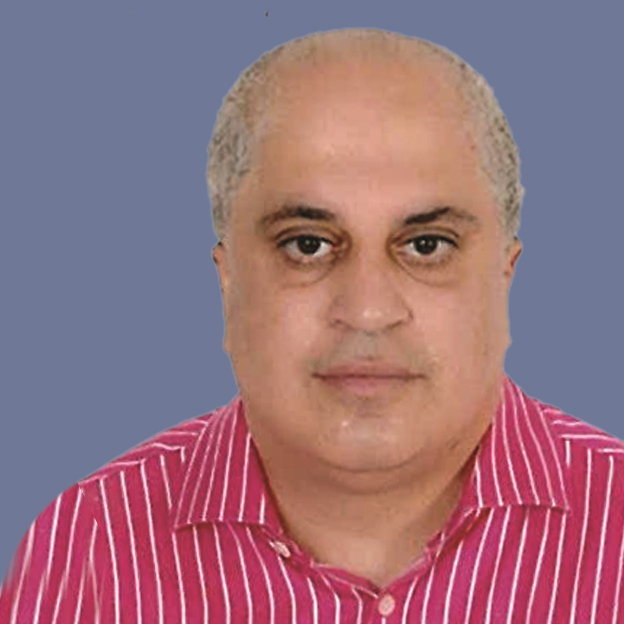Interviews
Thought Leadership Interview: Anirvan Ghosh Dastidar
The chief executive officer of Standard Chartered Nepal on leadership and management.
Himendra Mohan Kumar
Anirvan Ghosh Dastidar is the chief executive officer of Standard Chartered Nepal. Dastidar has held a variety of senior positions during his career with Standard Chartered Bank. Prior to taking over as Chief Executive Officer for Standard Chartered Bank in Nepal, he was the Chief Executive Officer for Standard Chartered Bank in Brunei, Philippines and Sri Lanka. His previous roles In India include senior positions such as Business Head for Priority Banking, Capital Markets and Regional Head of the Consumer Bank. Dastidar has over 26 years of experience as a banker, having started his career with ANZ Grindlays Bank in India.
Himendra Mohan Kumar of The Kathmandu Post caught up with Dastidar to discuss his life and times.
The following are the excerpts from that interview.
What is your formula for getting things done?
Effective delegation is the key. Besides, working smartly entails having the right team around you. The right team with the right person for the right job is always a win-win formula and one needs to do it very early as one starts out in a role or assignment.
What do you look for when you’re hiring your future employees?
Passion, commitment and hunger. Technical skills are not always important — it is the hunger, the willingness to experiment and to challenge the norm is something I look for.
How do you build allies, not just within your own organisation, but in the broader industry with other leaders you compete with?
Creating a stakeholder network map is critical and this is where networking is the key. There can be a diverse list of stakeholders. Respecting your peers, networking with them beyond work is important. People always remember you when you stood by them and when they were needed the least by you. Moreover, a principle that I always follow is to maintain contact and continue to network with acquaintances and stakeholders developed in other countries I have worked in, despite having moved on. This creates a lasting relationship as paths do tend to cross again.
What was the last experiment you did which didn’t work?
I am a firm believer in treading the path less taken and it has its upsides as well as otherwise. Experiments which may not have worked could be on people selections like taking a bet on someone in a role and product launches which would include taking business decisions based on risk. But in almost every case, it has been a rewarding experience. Every experiment contributes to experience!
What’s the hardest decision——personal or professional—you’ve had to make?
Every physical move in my professional life is a hard decision as the family is required to give up the comfort and lifestyle in a country that they are already well-settled in. However, it is their support, especially from my spouse, which has helped me stride ahead Knowing that fully, there have been times where I have turned down opportunities in the best interests for my children and it ranges from locations to support systems like schools and other factors.
How do you cope with criticism?
Criticism is a great reality check and I actually get worried if people stop criticising. This is a sign that something is wrong. There is a message in every feedback, hence I am very open to criticism and at times it can be the ‘change agent’.
Why do you think the public sector is better than serving in a private office?
Consistency, stability and the fact that the public sector often has the luxury of time. In many countries, a strong public sector has been the bedrock for growth despite political turmoil as they remain more or less constant or consistent for that matter.




 24.28°C Kathmandu
24.28°C Kathmandu












